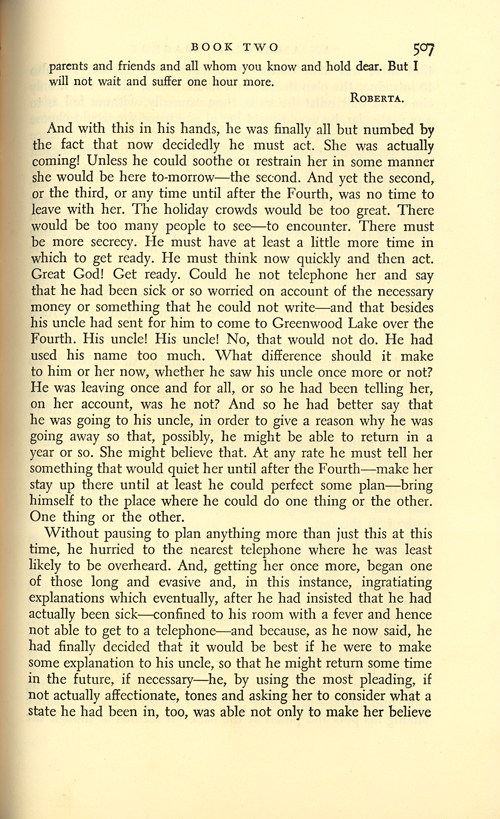the color of café-au-lait
“‘La belle Zoraide had eyes that were so dusky, so beautiful, that any
man who gazed too long into their depths was sure to lose his head, and
even his heart sometimes. Her soft, smooth skin was the color of café-au-lait.’”
—Kate Chopin, ‘La Belle Zoraide’, from Bayou Folk, 1894.
‘Here’s money!’
“He went and stood at the foot of the table, opposite to where Madame Delmandé sat, and let fall the box upon it.
The thing in falling shattered, and from its
bursting sides gold came, clicking, spinning, gliding, some of it like
oil; rolling along the table and off it to the floor, but heaped up,
the bulk of it, before the tramp.
‘Here’s money!’ he called out, plunging his old hand in the thick of it.”
—Kate Chopin, ‘A Wizard from Gettysburg’, from Bayou Folk, 1894.
white, bursting cotton, with the dew upon it
“When she had made her way through the brush and scrub cottonwood-trees
that lined the opposite bank, she found herself upon the border of a
field where the white, bursting cotton, with the dew upon it, gleamed
for acres and acres like frosted silver in the early dawn.”
—Kate Chopin, ‘Beyond the Bayou’, from Bayou Folk, 1894.
the red rose
“He held the rose by its long, hardy stem, and swept it lightly and
caressingly across her forehead, along her cheek, and over her pretty
mouth and chin, as a lover might have done with his lips. He noticed
how the red rose left a crimson stain behind it.”
—Kate Chopin, ‘In and Out of Old Natchitoches’, from Bayou Folk, 1894.
ultimate beauty
“You know how it is. A three-hundred dollar suit doesn’t knock your eye
out. A Ming vase doesn’t shriek for attention. But the ultimate beauty,
the perfection, is there; and you’ll always see it if you look long
enough, see it and recognize it, regardless of whether you’ve ever seen
it before.
Even if you’ve caught so much crap in your eyes that
you’re half-blind in one and can’t see out of the other . . .”
—Jim Thompson, WIld Town, 1957. The ellipses are his.
putting words down on paper
“‘Oh, now, really, Mr. McKenna,’ the operator laughed. ‘I’ll bet that’s your secret ambition, isn’t it? To be a writer?’
‘Well,’ Bugs shrugged easily, ‘why not? Nothing much
to it that I can see, once you’ve got a plot. Just putting words down
on paper.’
‘Now, that’s true, isn’t it? If you’ve got a good
idea, why, anyone could make a good story out of it. It certainly can’t
take any brains to do that.’”
—Jim Thompson, WIld Town, 1957.
A River Runs Through It: An American Tragedy

cuts like a knife into the first full paragraph on page 507 of Theodore
Dreiser’s An American Tragedy, The World Publishing Company, 1948 edition.
(A river runs through it. Don’t you get it?
Its a typographic river. A white column of gaps in the text. This marks
the third in a continuing series of typographic rivers in literature.
The other two are here and here.)
An American Tragedy
So . . . this summer I’ve been reading books from this list of the top 100 English-language novels since 1923, many of which I had
never read, or even heard of before. Last night I finished An American Tragedy
by Theodore Dreiser, all 874 pages of it. Yes, I read it all. OK . . . I may
have skimmed a few paragraphs of courtroom drama, but still, I finished
it! My review? Uh . . . I would say it was interesting and ahead of its
time. I will call it a powerful and insightful social satire. A few good color quotes (see below). A
must to read if you’re trying to read everything on a list of the top
100 English-language novels since 1923.
pinkly carpeted
“[I]n the orchard of a spring day later, between her fourteenth and
eighteenth years when the early May sun was making pink lamps of every
aged tree and the ground was pinkly carpeted with the falling and
odorous petals, she would stand and breathe and sometimes laugh, or
even sigh, her arms upreached or thrown wide to life. To be alive! To
have youth and the world before one.”
—Theodore Dreiser, An American Tragedy, 1925.
an airy, fairy quality
“But canoeing fascinated him really. He was pleased by the picturesque
and summery appearance he made in an outing shirt and canvas shoes
paddling about Crum Lake in one of the bright red or green or blue
canoes that were leased by the hour. And at such times these summer
scenes appeared to possess an airy, fairy quality, especially with a
summer cloud or two hanging high above in the blue.”
—Theodore Dreiser, An American Tragedy, 1925.